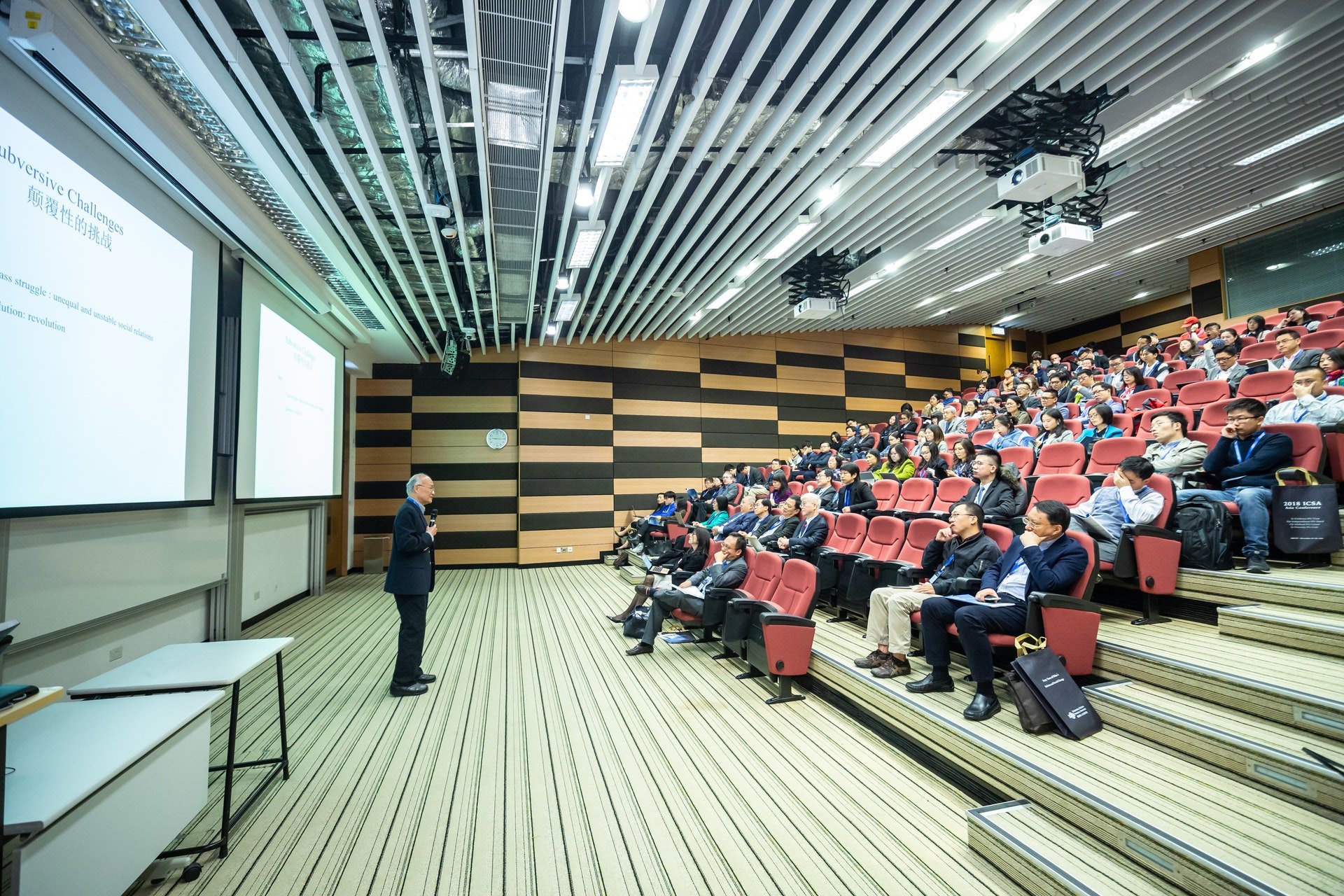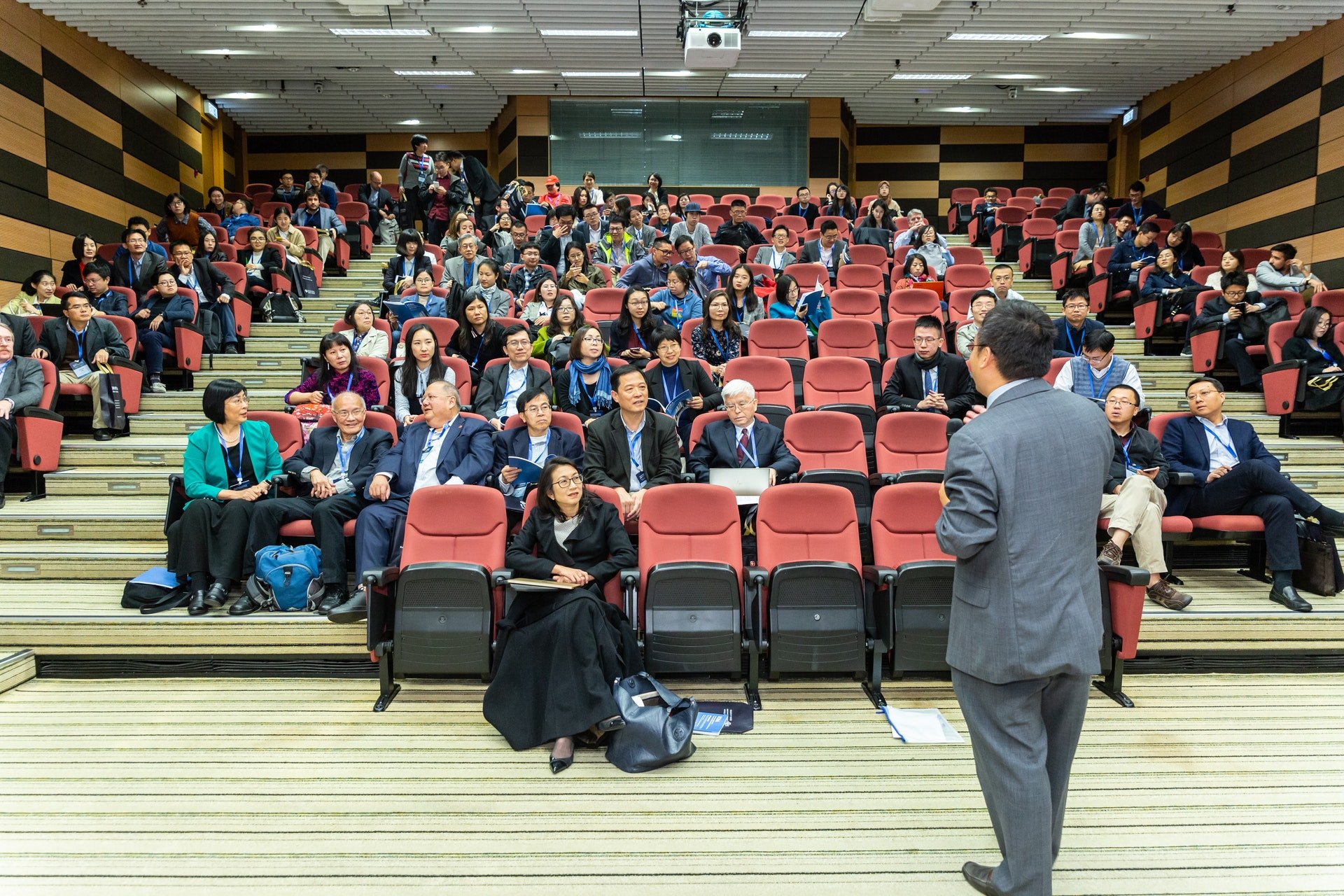Don’t be tied to one format
Let’s say you’ve tried to follow all of our advice. Now take another look at your program: if it consists only of “We do this, and we get this”, “Look at our superinnovative (in fact, no) product,” then something is going wrong. The IT community is demanding of conference content, but probably not in the way you think.
Stop terrorizing the speakers with requests to make a wow presentation and come up with a tastier presentation topic, think better about the format. Maybe instead of lectures you should organize a discussion, a round table or a contest for the funniest story about failure.
There is no perfect solution: for a while, it seemed to everyone that the best event for an I.T. student is a hackathon. Here you get practice, and productive communication, and sometimes even good prizes. Then everyone rushed to hold hackathons, and there were so many of them that they quickly became boring to everyone.
Now there is a real battle of formats: online versus offline, formal versus informal events. It is clear that everywhere there are pros and cons, and above all it should be based on the goals, objectives and existing resources. But if you look at the general trend, participants are more willing to choose informal events, where you can not only listen and ask questions at a set time, but also engage in a dialogue with the speaker. It is difficult to do this online, and all other things being equal, live communication will be preferred.
Each format has its supporters, and surely they will be found in your audience, even if you offer something quite unusual. As it turns out, many people are willing to trade their couch and TV shows for this kind of action.
If you’re afraid, set up a survey among your potential target audience to find out how they’d like to spend their time. Here we get to the most obvious, but nevertheless the most important tip on our list.

